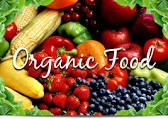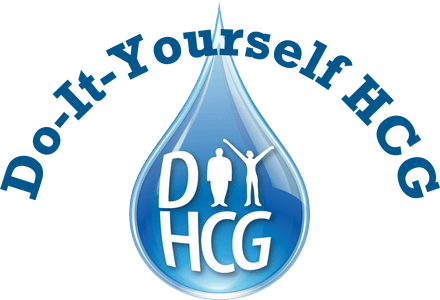Organic Foods: Are They Safer and More Nutritious than Non-organic?

Buying organic food is quickly becoming a trend among the growing number of consumers who want to lead a healthier lifestyle. Grocery stores that only sold conventionally grown foods a few short years ago are now embracing natural, organic, and locally grown produce. You can find organic fruits and vegetables right beside their non-organic counterparts in some of the biggest grocery chains across the world. But for many consumers, the question still remains: Are organic foods any safer or more nutritious than non-organic foods?
What Makes Food Organic?
To determine whether organics are really better in terms of safety and nutrition, it is important to understand what makes organic food different. The term "organic" refers to the way fruits, vegetables, grains, and other foods are grown. Organic produce is grown without the use of chemical-based pesticides and fertilizers, so there is little to no residue from these chemicals on organic food. Organic farming practices are more environmentally friendly, conserving water and soil and reducing pollution because they don't release harmful chemicals into the air or soil.
How Can You Tell if Something is Organic or Not?
If a company wishes to use the term "organic" on their labeling, the product must be at least 95% organic, and a product can only be labeled "100% organic" if it meets the strictest organic standards set by the USDA. These products may carry the USDA Organic seal. Food items like granola bars, cereals, and other products made with multiple ingredients may be labelled "made with organic ingredients" if at least 70% of the ingredients are organic, but they shouldn’t have the USDA seal if they are less than 95% organic. Also, a product may be "100% natural", but still not be organically grown or prepared. ‘All Natural’ also has many caveats and can have significant meaning, i.e., no chemicals, food coloring, etc., but it depends on the product and what traits you are looking for to determine if the designation is significant for what you are considering.
Is Organic Food Safer?
Organic food may be marginally safer than non-organic…or, depending on how you view safety, it may not. For example, if your goal is to eat a natural and healthy meal, you can accomplish this with safely prepared conventionally grown products from your hometown fruit stand. However, if you are wanting to eliminate all exposure to chemicals (even ones that have been deemed safe by the USDA), believing that they may be toxic after long periods of low-level exposure, organic is your only option. It is true that some studies have suggested a tentative link between pesticide residue on produce and some cancers and other health problems, but the industry hasn’t deemed with firm evidence that eating conventionally grown produce is hazardous. So, for example, I am happy eating from the garden in my backyard even though I sprayed the plants once with a spray that deters insects.
Is Organic Food More Nutritious?
Like the extent to which organic food is safer than non-organic, the jury is still out on whether organic food is more nutritious. Science is not showing any evidence that organic food provides any more vital nutrients than non-organic food. A tomato grown in a non-organic greenhouse, although it may have more chemical residue on the skin, is not likely to offer any less nutrition and substance than a tomato grown in your home garden. Do I think my home grown tomato tastes better? Well, YEAH, but maybe that’s just my opinion.
In the end, the vast majority of people who prefer organic food over non-organic do so because of the proven benefits to the environment, and to reduce their own exposure to chemicals and synthetic materials as much as possible, and those are noble ideals.
Have a strong opinion? Let’s hear it!
